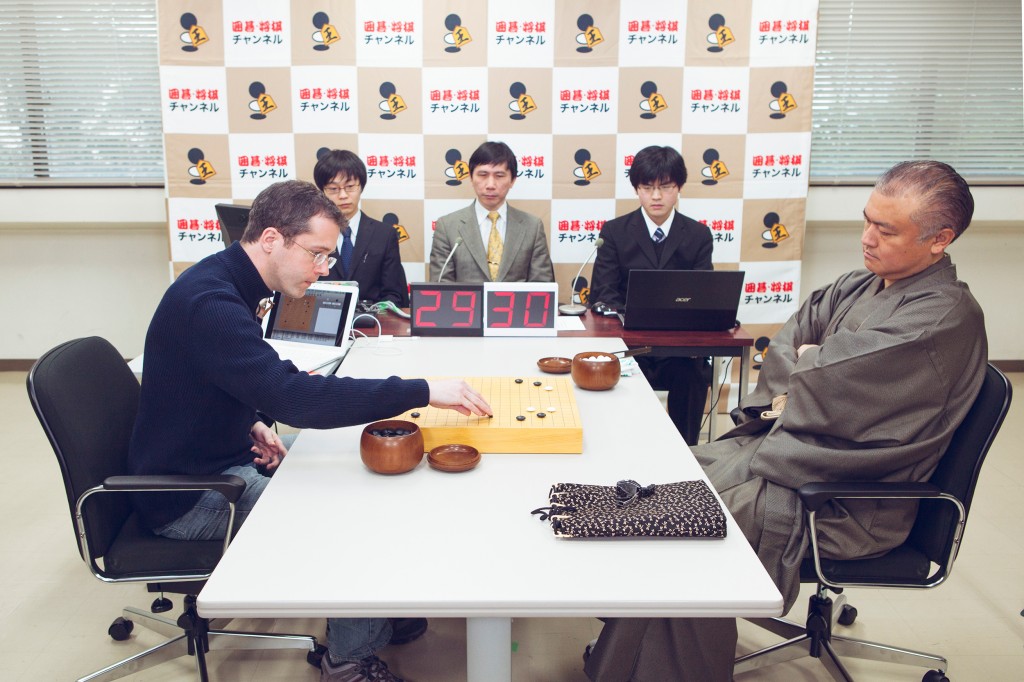Have you ever noticed that our calendar has some glaring faults, some design issues that would keep it from ever leaving the drawing room if it were to be made today?
How many times have you stopped to wonder if May or October have 30 or 31 days? I recall always having trouble with that when I was little… Or, how about this: if I ask you what day of the week it’s going to be precisely six months from now (November 22nd 2014), how long would it take you for you to t… – hey, put that phone down, I can see you!
I’m not sure why, but we have been handed down a weird model that might be precise but is neither efficient nor elegant, and as with many inefficient, disingenious or clunky systems – just look around you for ideas -, habit is the only factor preventing us from coming up with a better system; “why fix something which ain’t broken?”, you might ask. I don’t necessarily disagree with that, especially when it comes to practical, physical things, like having a bottle support the fluorescent lamp over the kitchen sink which would otherwise collapse, or using a table fan to cool your lidless desktop computer, but there are some things that, to me, are almost divine in the depth of the meaning they carry, they represent the foundations of human culture. We should therefore strive for optimisation, even if that means a radical restructuring of what we’ve come to know and love.
Here are two ideas for new calendars I came up with while chatting with Daphne and later built upon when I was travelling on the bus back to Sofia. By the way, being with Daphne and travelling in general are both very good for letting my creative juices flow.
The criteria these two calendars must meet are the following:
The year must have 12 months; the number is perfect because it is the lowest common denominator of several other commonly used numbers used in time-keeping, namely 2, 3, 4 and 6. That is to say, if you want to be able to precisely split the year in terms, semesters and quarters – this last one is extra important because of the four seasons – having the year split in 12 is the easiest and most intuitive choice.
So far so good – our calendar already has this feature and other calendars across many cultures and eras seem to have had it also.
Every month must have the same length; that some months have 30, some 31 and one has 28 days feels wrong and messes up the periodicality of the shortest circle, the week.
Every month of the year must start on the same day of the week; doesn’t it feel good when January 1st is a Monday? Wouldn’t it be even nicer if every month of the year started on a Monday, too? This way we could instantly and easily calculate what day of the week any day of the year would be.
Quixotic Calendar I
12 months of 28 (4×7) days each = 336 days + 29/30 days split into four weeks, one placed before each season to mark the equinoxes.
January (28 days)
February (28 days)
March (28 days)
Vernal Equinox Week (7 days)
April (28 days)
May (28 days)
June (28 days)
Summer Solstice Week (7 days)
July (28 days)
August (28 days)
September (28 days)
Autumnal Equinox Week (7 days)
October (28 days)
November (28 days)
December (28 days)
Winter Solstice Week (8 days, 9 days if leap year)
The calendar would be set in such a way that the equinoxes and solstices would be roughly placed at the end of their namesake weeks – it’s impossible to be precise because the exact days are moveable even in the calendar we’re using today. In this way, the Quixotic year could end on the Gregorian Calendar’s December 22nd/23rd (we’d have to go with one and stick with it), with the new year starting on what’s now Christmas Eve. It would be possible to adjust the calendar’s starting day so that New Year’s Day could coincide with what’s today Christmas Day, but that would mean that the equinoxes and solstices would roughly be on Day 4 or 5 of their respective weeks and not at their end, for what that’s worth.
The four spare weeks “outside the calendar” would serve as holiday periods, sets of time for getting together, enjoying nature, all that.
A strength of this calendar is that each month of the year would start on the same day, including the transition weeks, with a standardised form of procession which would make it easy to calculate what day of the week any day of any year would be: the week cycle would move one or two days from one year to the next, depending on if it’s a leap year. So, if in 2014 all of the first days of the month were Fridays, in 2015 it would be Sundays, in 2016, which is the next leap year, it would be Mondays, and in 2017 the two-day jump would make them Wednesdays.
This proposal would also solve the disagreement on when the seasons start once and for all! No more people telling you that spring has come on March 1st!
The calendar’s main problem is that the seasons have all moved forward a single month (under this system, June would squarely belong to spring and March to winter, for example), which could mess up our concepts of the seasons, but if you ask me, this is already being messed up because of climate change, so there’s not much to lose really.
Quixotic Calendar II
12 months of 30 (3×10) days each = 360 days + 5/6 days at the end of the year (similar to the Egyptian Calendar).
The main point of interest of this calendar would be the 10-day week, which would split each month into three neat parts. We would have to find new names for the days of the week; how about the names of the planets plus the sun and moon, like in romance languages, which all together make a nice round ten, but using words for the planets from different languages? It would be similar to a calendrical Calling All Dawns.
Just like in the first calendar presented here, the even months and weeks would help with periodicality. The extra five/six days would fall in at the end of the year, which is a holiday period anyway.
These suggestions don’t take lunar cycles into account but our Gregorian calendar doesn’t fare much better in that respect.
You can have a look at more proposed reforms here.










